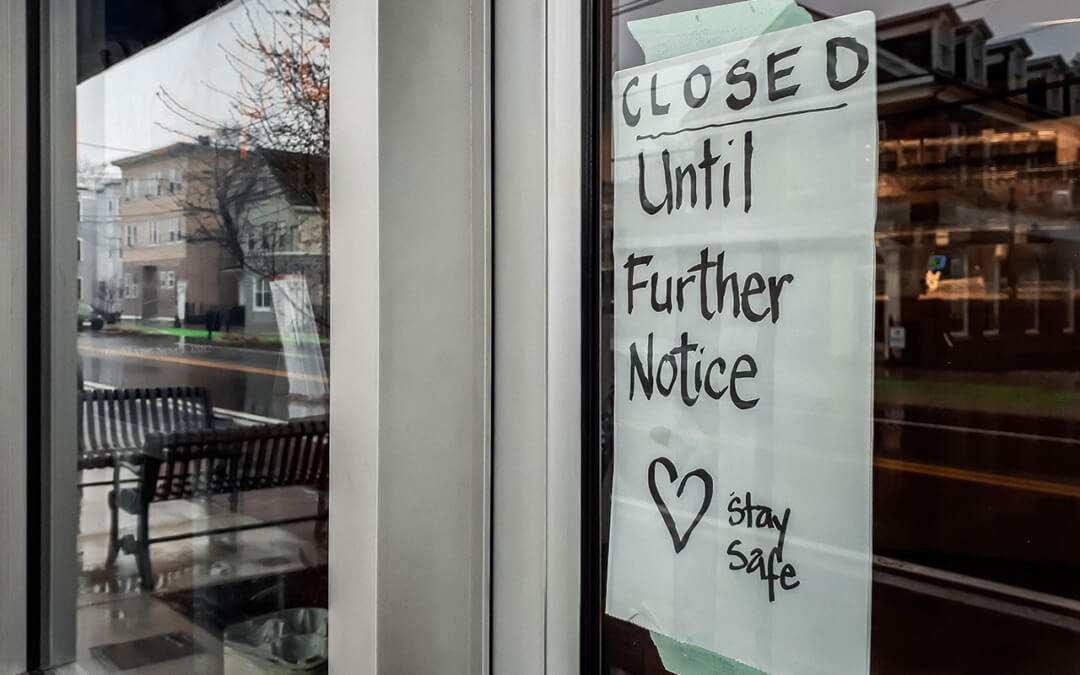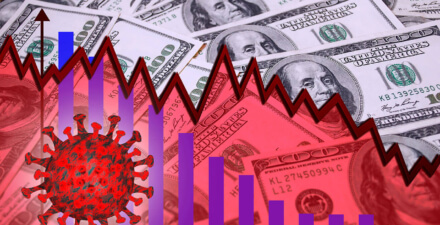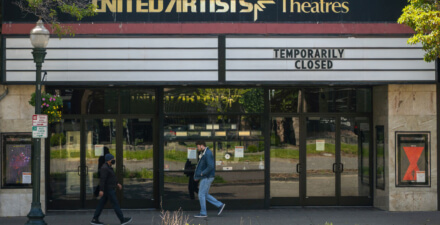Twenty-one policy resources to combat the coronavirus recession

Policymakers learned late last week that the U.S. economy registered a stunning 9.4 percent contraction in the second quarter of this year, a drop not experienced since the Great Depression more than eight decades ago. And that extraordinarily bad news came in late July—following weeks of the novel coronavirus becoming “extraordinarily widespread” across most of the country, leading a number of states and municipalities to restrict or re-restrict economic activity to stem the pandemic and rising number of deaths due to COVID-19, the disease caused by the coronavirus. U.S. economists are mildly to extraordinarily concerned that our economy is moving toward further contraction and a possible return to the record unemployment numbers posted this past spring.
In the early days of the coronavirus pandemic in the United States, the Washington Center for Equitable Growth launched a new web page dedicated to policy resources for the coronavirus recession. Nearly every day since, we’ve posted new analysis and policy recommendations backed by evidence-based research on the ways the federal government can help our economy recover and ensure that recovery is broad-based and equitable. Much of this policy work is based on our Vision 2020 project, a resource designed to provide policymakers in Congress and the federal government with detailed policy recommendations on a wide array of issues.
Together, these two resource pages on our website point to workable solutions to the multitude of interconnected economic travails besetting the country. Some of these ideas are immediately relevant to economic growth for the remainder of the year, particularly the need to deal with the spread of the coronavirus itself as the first order of business. Other ideas on these resource pages point to ways policymakers can ensure the recovery from this recession is different from past ones. Here is a list of some of these most relevant posts.
Jobs and Unemployment Insurance
Child care
“Child care is essential for working parents, but is the industry ready and safe to reopen?”
“The coronavirus pandemic requires a wartime commitment for essential workers’ access to child care”
“How the coronavirus pandemic is harming family well-being for U.S. low-wage workers”
Paid leave
“The economic imperative of enacting paid family leave across the United States”
Small businesses
“Did the Paycheck Protection Program work for small businesses across the United States?”
The coronavirus and structural racism
“The coronavirus recession is an opportunity to cancel all U.S. student loan debt”
The coronavirus and the environment
“Americans want green spending in federal coronavirus recession relief packages”
The coronavirus and data collection
“The coronavirus pandemic highlights the importance of disaggregating U.S. data by race and ethnicity”
“Data will provide accountability to ensure the U.S. economic recovery is shared broadly”
Social insurance
“The coronavirus recession highlights the importance of automatic stabilizers”






